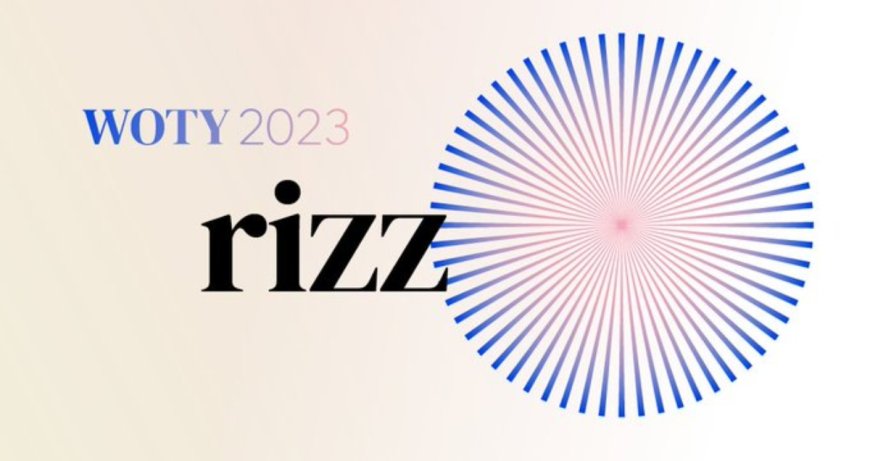Rizz, from charisma, crowned Word of the Year by Oxford University Press

RIZZ, which implies romantic appeal, has been crowned Word of the Year 2023 by Oxford University Press (OUP) on Monday as best reflective of the mood, ethos and preoccupations of the past year.
Rizz is a colloquial noun defined as “style, charm, or attractiveness; the ability to attract a romantic or sexual partner”.
Etymologically, the term is believed to be a shortened form of the word “charisma”, taken from the middle part of the word, which is an unusual word formation pattern.
“Rizz is a term that has boomed on social media and speaks to how language that enjoys intense popularity and currency within particular social communities — and even in some cases lose their popularity and become passe — can bleed into the mainstream,” said Casper Grathwohl, President of Oxford Languages, OUP.
“This is a story as old as language itself, but stories of linguistic evolution and expansion that used to take years can now take weeks or months. The spike in usage data for rizz goes to prove that words and phrases that evolve from internet culture are increasingly becoming part of the day-to-day vernacular and will continue to shape language trends in the future,” he said.
OUP lists other examples of similar word formation patterns as fridge from refrigerator and flu from influenza.
Rizz can also be used as a verb, in phrases such as “to rizz up”, which means “to attract, seduce, or chat up (a person)”.
According to linguists, expansions into other parts of speech like this can indicate that a word is becoming more prominent in the language.
This year, OUP shortlisted eight words based on widespread use and put them to the public to vote for their favourites last week. Through head-to-head competitions over a four-day voting period, the British public narrowed down the shortlist of contenders to four finalists: rizz, Swiftie, prompt, and situationship.
These words were then put to OUP language experts, who considered its corpus data, the vote counts, and the public commentary around the words to choose the definitive word of the year for 2023.
